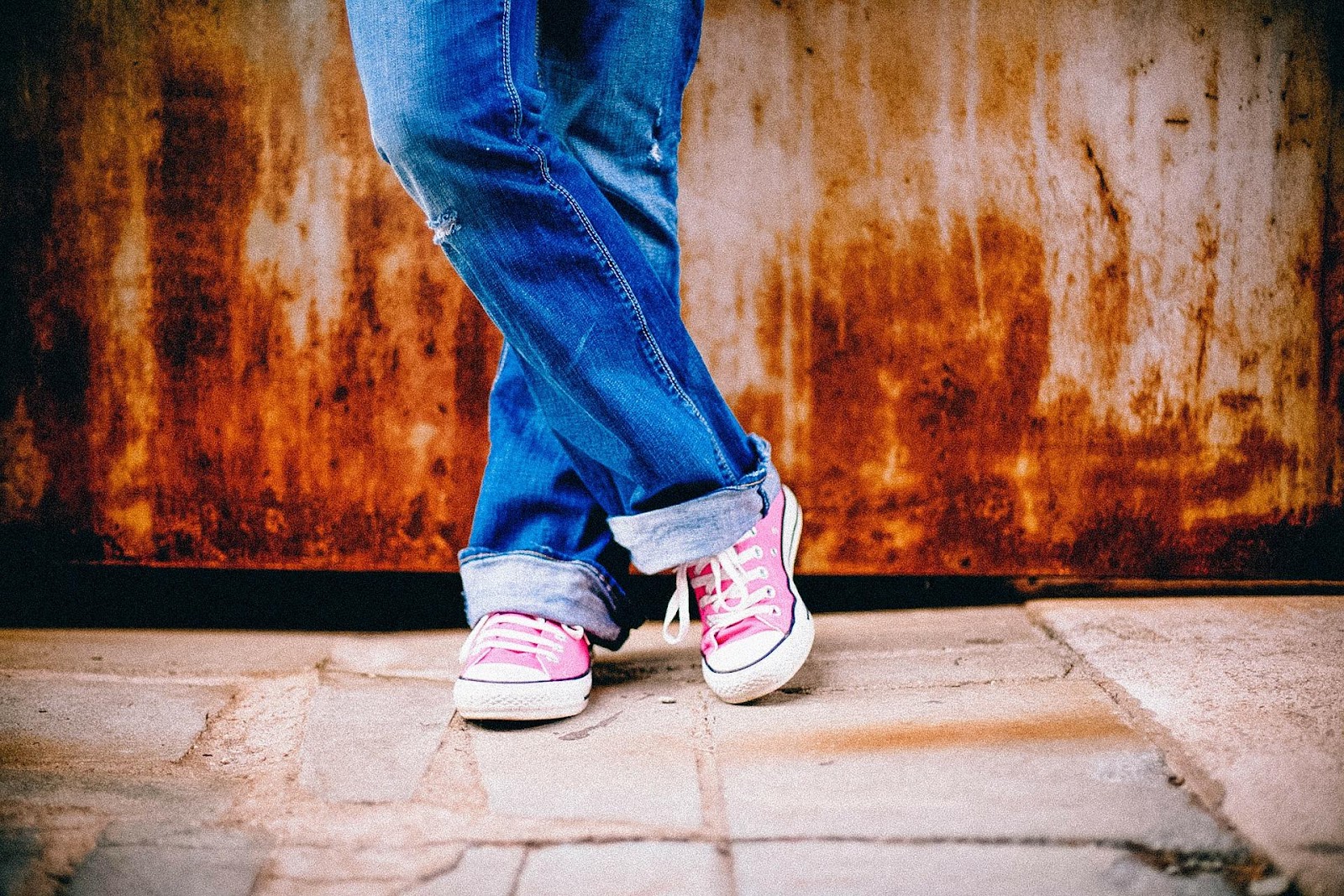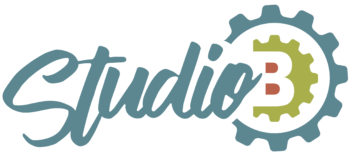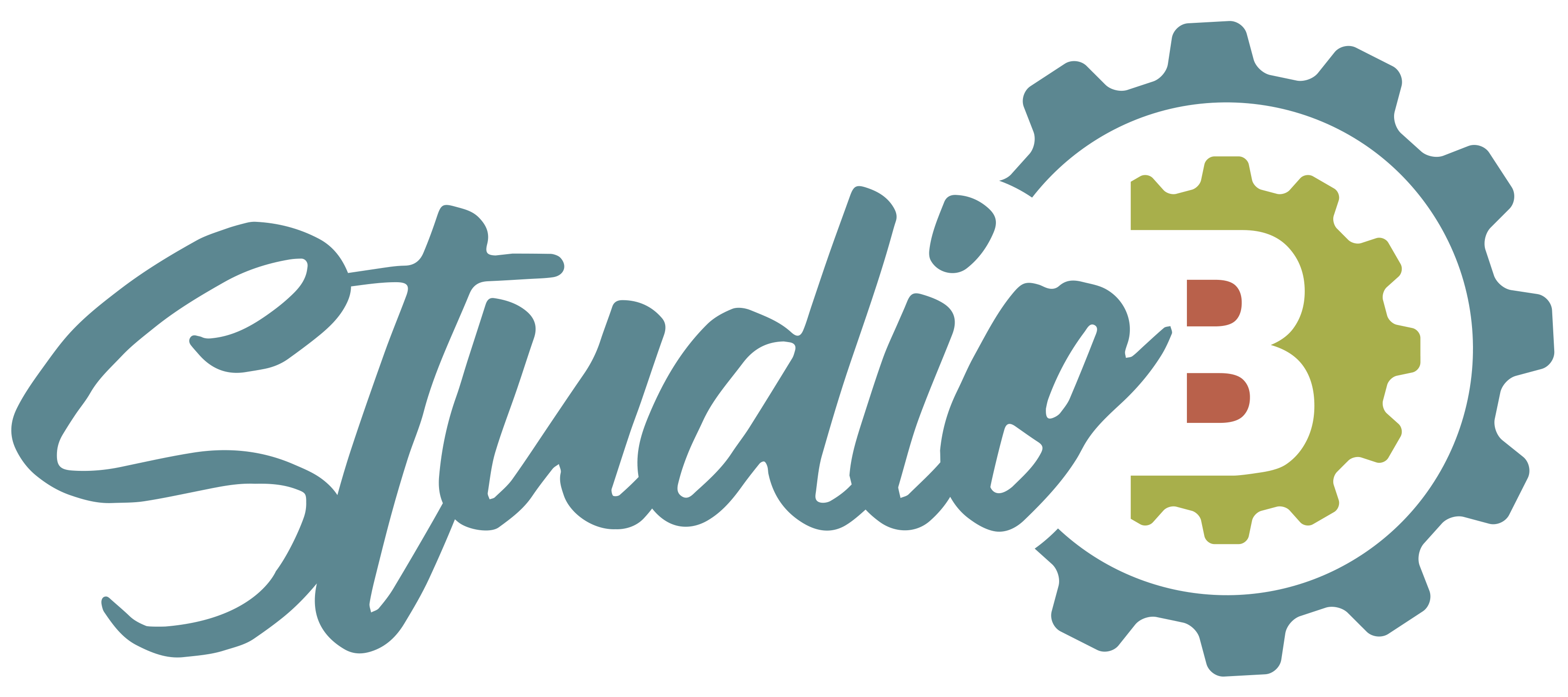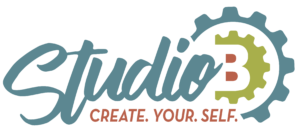
How Alternative Recovery Can Work for You
Guest Post: Melissa Howard from Stop Suicide
Depression and addiction are diseases and like any other medical condition, they require treatment. However, not every program is right for every individual. Here are some ways you can seek alternative treatment, and how you can supplement traditional recovery.
When Is It Right and When Is It Not?
Addiction is a disease that often goes undiagnosed, according to the Center on Addiction. The American Psychiatric Association says the same thing about depression. While those suffering from either can benefit greatly from traditional approaches involving counseling and medication, some people feel that these approaches aren’t a good fit for them. Likewise, others find great benefit by supplementing their existing treatment plans with a more holistic approach.
It is important that you find a solution that helps you manage your addication and focus on your recovery. The suggestions in this article can be a great starting point and, if they work for you, they can be your recovery foundation. However, if you find yourself falling back into old habits or needing additional support, consider looking for nearby drug or alcohol rehabilitation centers. In fact, many of these centers also offer holistic treatment, so search for one that feels like it will support your needs in your recovery.
Benefits of Nutrition
One aspect of recovery that is usually overlooked is the role of nutrition. Addiction and depression often lead to various deficiencies. So meals that facilitate the stabilization of mood, reduce cravings, and encourage self-care are incredibly important. It takes more than avoiding sugars and caffeine to make a successful meal plan, though.
Amino acids are one of the most important aspects of maintaining mental health during this time. They directly contribute to dopamine levels, which may aid in avoiding relapse. Omega-3s, iron, and B vitamins may help avoid depression and relapse as well.
Supplements can be useful, but eating a varied diet full of fresh vegetables, healthy protein, leafy greens, and brightly colored fruits can go a long way to restoring one’s sense of well- being. Coupled with a comprehensive treatment of an individual’s choice, proper diet can assist in improving our mental health.
Benefits of Exercise
While no supplement should replace therapy, they can work together to make the transition to a sober lifestyle easier. One of those supplements can be exercise. It should come as no surprise that exercise can go a long way toward relieving anxiety, depression, and reducing stress. Along with a good diet, exercise can help improve sleep quality while simultaneously providing the endurance needed to pursue therapy and treatment. It is important to use it in tandem with treatment, however, and to not allow exercise to be a new form of addiction.
Benefits of Working
There are several benefits to working while in recovery including, having a routine, being accountable, and allowing for achievable goals. However, sometimes a person suffering from addiction may have lost employment or be unable to find a new job because of problems with work history. Or the person simply needs time during the week to be able to continue counseling and therapy. The answer can be working a home-based “gig job”. This affords all the benefits or work, including a paycheck, while allowing for the flexibility and low stress environment necessary during recovery.
Beating Stress
Stress and anxiety can make recovery more difficult and can often result in relapse, warns the National Center for Biotechnology Information. That’s way it’s critical to reduce stress as much as possible. Luckily, there are many forms of supplemental therapy.
Art is one great way to creatively express oneself and aid in the processing of emotions and distress. A core benefit of art is its vast scope. One can color and adult coloring book and see meditative benefits in a reduction of anxiety. Painting courses can provide structure and also routine. You can even find your own personal art tutor in your area by using an online database of professionals.
Clay modeling or sculpting can aid in self reflection and learning patience, as well. Likewise, relaxation techniques can be powerful when dealing with anxiety, but also when struggling with cravings. There are ways you can teach yourself these practices, such as muscle relaxation, breath control, and visualization. However, there are external techniques as well. Tai chi, yoga, aromatherapy, and hydrotherapy are all options for those who need additional assistance.
Find the Right Treatment Combination for You
Recovery is a complicated process. Traditional methods work for many, but others require newer systems. Regardless of which treatment is right for you, supplemental therapies and stress management are often helpful. Monitoring your diet, exercising regularly, and engaging in relaxation may all prove beneficial when coupled with regular treatment or therapy.
Are you looking for a holistic alternative support system during your recovery process? Then visit Psychology Movement Results online for helpful resources and to schedule a consultation with Stacy Reuille-Dupont or someone from Studio B.
Image Courtesy of Pixabay.com
Learn more and Start Living a Full and Embodied Life Today
Become a Studio B-er Wellness & Coaching ServicesRelated Content
- The Art of Reinvention: Navigating Life’s Biggest Shifts Without Losing Yourself

- Boost Your Brain, Build a Better Life: How to Activate BDNF and Transform Your Mental Health

- Self-Care is Self-Love: How Movement, Nutrition, and Mindset Transform Your Health






